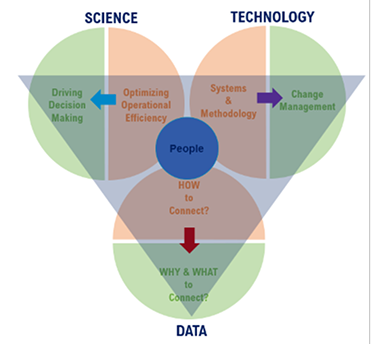
Healthcare. Technology. Compliance.
With technological breakthroughs dominating the headlines, 2019 has seen new trends in the industry. Here’s a look at how the first half of the year has shaped up.
June
In an attempt to incorporate Real-World Evidence from high-tech medical devices, Apple smartwatches are now being tested on patients for unique features like irregular heartbeat alerts. If all goes well, we might be seeing these wearables in clinics as ECG monitors.
May
Major developments were made around the Medical Device Regulation by the EU. With the deadline for compliance fast approaching, the EU issued guidelines on data exchange features of the European Database for Medical Devices (EUDAMED). Several groups within the industry also shared their concern over the prolonged time given for compliance. With less than a year to go, all eyes are on the European Union!
April
From facial recognition to music recommendation, algorithms are running today’s world. This April saw the healthcare market opening its doors to AI- and ML-supported devices. The FDA put forward an approach to manufacture devices in the category of Software as a Medical Device (SaMD) in a regulated fashion.
March
A new healthcare trend was observed during March: cloud migration. A lot of healthcare solutions seem to have shifted to the cloud, and this has sparked discussions on various levels like interoperability and security. The healthcare industry is working around the Internet of Things and forming the kind of integrations that could radically elevate clinical outputs.
February
Amazon’s Echo became the first smart speakers to become HIPAA compliant. The product gives personalized health tips by observing blood sugar levels and monitoring weekly trends. It also helps patients to find the nearest critical care units, schedule appointments and track shipping of medicines. These features aid in the relevance of the voice assistant in the clinical industry.
January
January paved the way for healthcare technology in 2019. We saw significant progress in digital health technology. Among others, National Health Services (NHS) published a Long-Term Plan with an onus on making digital health more prominent in European regions. National Institute of Health (NIH) also made the headlines for proposing to collect Real-World Evidence from Fitbit watches.
Have any thoughts or questions on this? Please email us at info@zifornd.com



